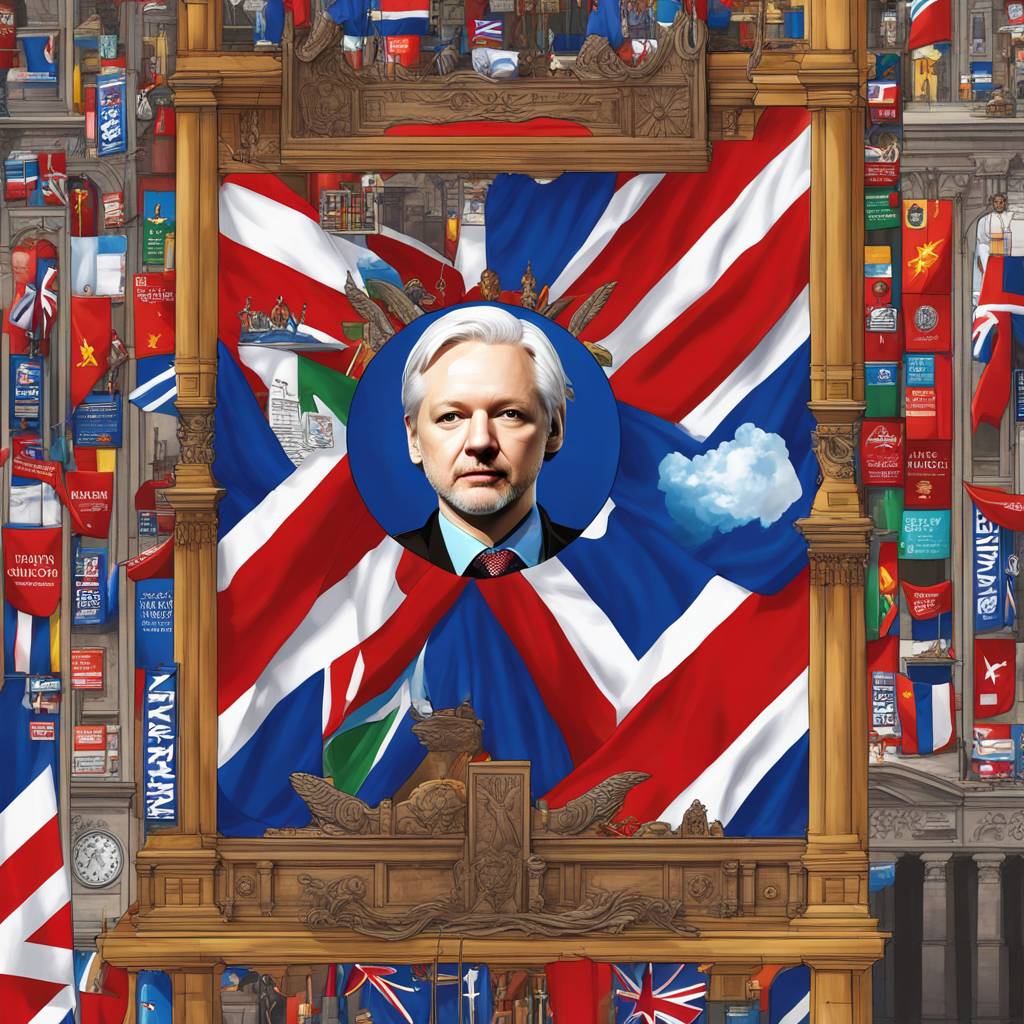On Tuesday, judges in Britain will decide whether Wikileaks founder Julian Assange will be extradited to the U.S. or allowed to appeal his extradition. This decision follows a two-day hearing last month, which may have been Assange’s final appeal attempt to block his extradition. If the court disallows a full appeal, Assange could then make a last request before the European Court of Human Rights. His supporters fear that an unfavorable result on Tuesday could result in his extradition, where he would face trial in Alexandria, Virginia for espionage charges related to the publication of classified U.S. military documents 14 years ago.
Assange has been held at London’s high-security Belmarsh Prison since April 2019 when he was removed from the Ecuadorian Embassy. He is facing 17 charges for allegedly receiving, possessing, and communicating classified information to the public under the Espionage Act, as well as one charge alleging a conspiracy to commit computer intrusion. If convicted, he could be sentenced to up to 175 years in a maximum-security prison in the U.S. The charges were brought by the Trump administration over Wikileaks’ 2010 publication of cables leaked by U.S. Army intelligence analyst Chelsea Manning, which detailed alleged war crimes and instances of torture and rendition committed by the U.S. government.
U.S. prosecutors argued during last month’s hearing that Assange put innocent lives at risk by publishing classified materials and went beyond journalism to obtain and publish classified U.S. government documents. They claimed Assange encouraged and helped Manning steal military and diplomatic files that were later published by Wikileaks, jeopardizing lives in the process. However, they did not provide evidence that anyone was put in danger by Wikileaks publishing the documents. The Obama administration in 2013 decided not to indict Assange over the 2010 publications because it would have had to also indict journalists from major news outlets who published the same materials.
The Justice Department under former President Trump later moved to indict Assange under the Espionage Act, and the Biden administration has continued to pursue his prosecution. A recent ruling revealed that the CIA had also spied on Assange and his lawyers, and a lawsuit against the CIA for this spying can move forward. No publisher had been charged under the Espionage Act until Assange, leading many press freedom groups to argue that his prosecution sets a dangerous precedent aimed at criminalizing journalism. Despite a report that the U.S. Justice Department was considering allowing Assange to plead guilty to a reduced charge, his legal team has seen no indication of a resolution to the case against him.
Assange’s wife, Stella, expressed the gravity of the situation in a post on X, saying, “This is it. DECISION TOMORROW.” If the High Court rules in Assange’s favor on Tuesday, a full appeal hearing could follow, but if he loses this appeal, his remaining options for fighting extradition would be limited. His extradition to the U.S. would mean a trial in Alexandria, Virginia, where he faces a lengthy prison sentence if convicted. The fate of Julian Assange, the founder of Wikileaks, hangs in the balance as Britain’s High Court prepares to announce its decision on his extradition to the U.S. for espionage charges related to the publication of classified U.S. military documents.


